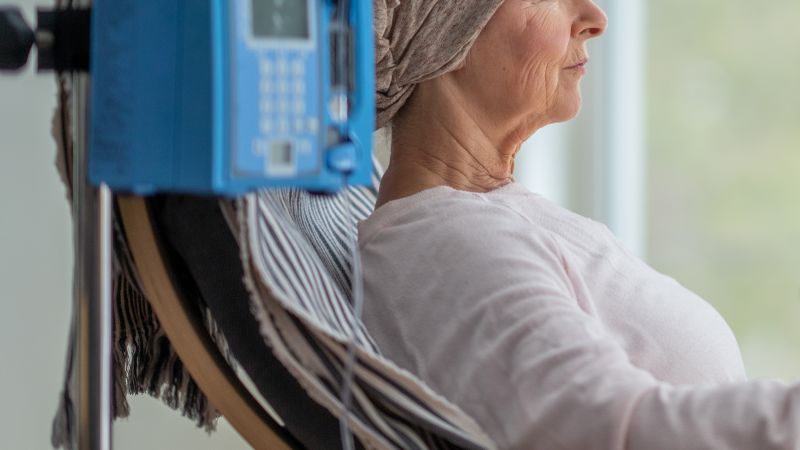In a recent survey released Wednesday by the National Comprehensive Cancer Network, it was revealed that 89% of 28 large cancer centers across the country reported a shortage of at least one drug used to treat cancer, its symptoms, or side effects of treatment last month. This percentage is consistent with last year’s survey results, indicating that the shortage of cancer drugs continues to be a prevalent issue affecting cancer centers nationwide.
However, while the percentage of centers reporting drug shortages has remained consistent, the specific drugs impacted have changed. The new survey conducted from May 28 to June 11 found that among 28 of the network’s 33 cancer centers, over half – 57% – reported a short supply of vinblastine, a chemotherapy drug commonly used in treating Hodgkin’s lymphoma, non-Hodgkin’s lymphoma, and testicular cancer. In addition, 46% reported a shortage of etoposide and 43% reported a shortage of topotecan, both essential chemotherapy drugs used in cancer treatment.
Dr. Crystal Denlinger, CEO of the NCCN, expressed her lack of surprise at the survey results, attributing the ongoing drug shortages to challenges faced by patients and healthcare professionals for years. While short-term solutions have been effective in meeting immediate needs, long-term solutions are still necessary. Denlinger emphasized the urgency of addressing this issue, as cancer patients do not always have the luxury of time.
The survey also revealed that the shortage of chemotherapy drugs carboplatin and cisplatin, previously a significant concern, has improved. Only 11% of surveyed centers reported a shortage of carboplatin and 7% reported a shortage of cisplatin, thanks to collaborative efforts to mitigate harm.
Despite the shortage of cancer drugs, patient care and clinical trials have not been significantly disrupted. Mitigation strategies have allowed centers to continue treating patients receiving medications in short supply, and while clinical trials have been impacted, administrative burdens have increased as a result.
Dr. Carolyn Hendricks, an American Society of Clinical Oncology board member, stressed that the drug shortage crisis extends beyond large cancer centers to smaller community cancer centers as well. She highlighted the importance of addressing the economic factors driving drug shortages to ensure a sustainable solution to the ongoing crisis.












